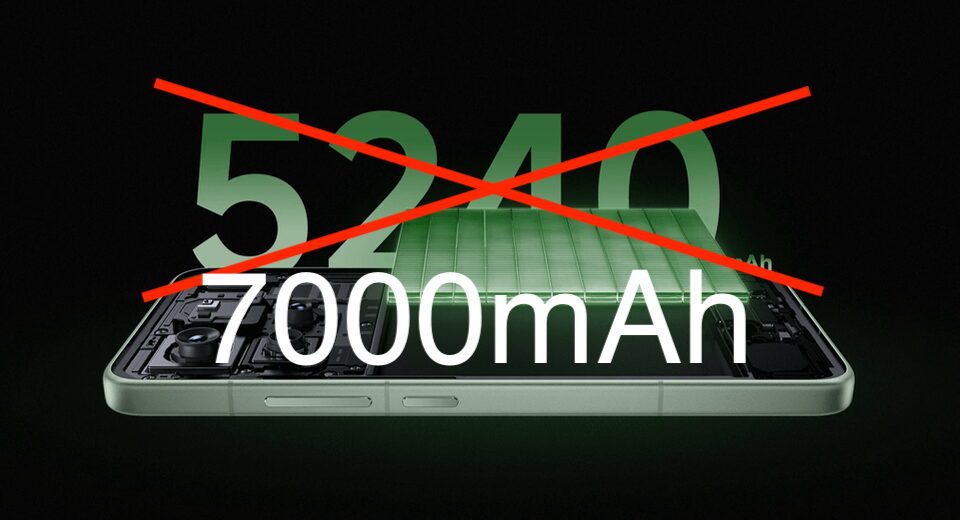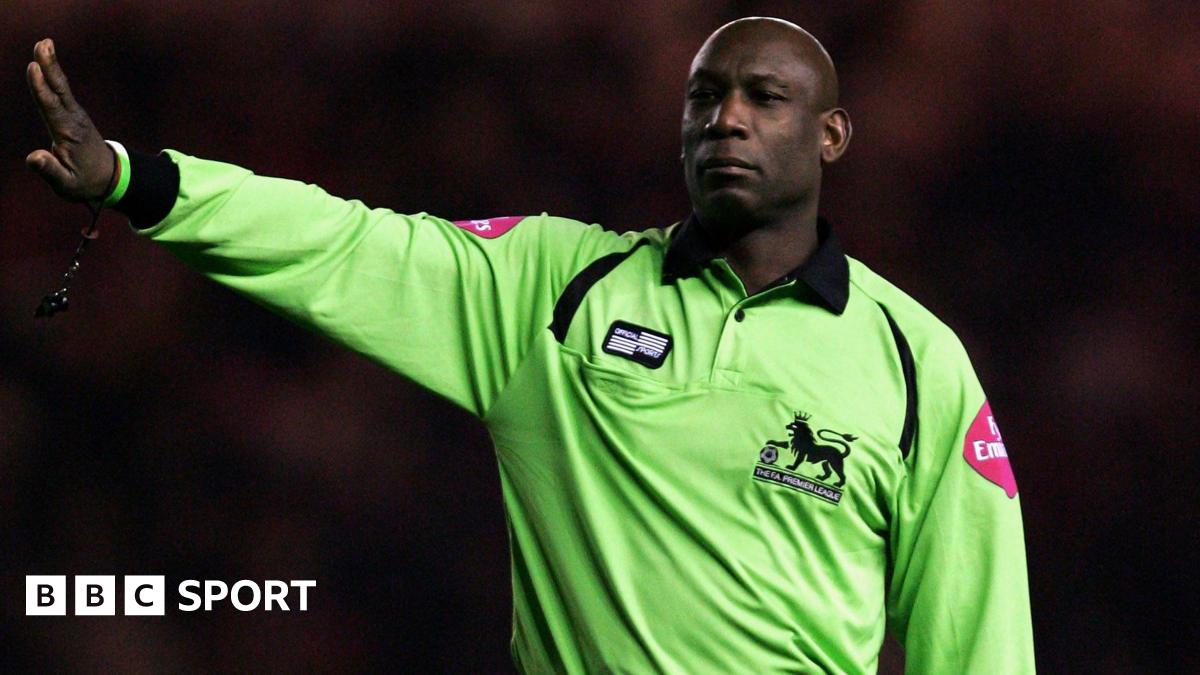Building supercomputers for autocrats probably isn't good for democracy

In early May, OpenAI announced OpenAI for Countries. Referencing their Stargate effort to build massive AI data centers in Texas and elsewhere in the United States, they wrote:
It’s clear to everyone now that this kind of infrastructure is going to be the backbone of future economic growth and national development. [...] This is a moment when we need to act to support countries around the world that would prefer to build on democratic AI rails, and provide a clear alternative to authoritarian versions of AI that would deploy it to consolidate power.
So far, so straightforward. Paraphrasing: national governments are realizing that 1) large clusters of AI compute are a key input to having a strong AI ecosystem, and 2) having a strong AI ecosystem will be a major determinant of national power in the coming decades. So they want OpenAI to help them build computing clusters, and OpenAI wants to help because yay, democratic AI, benefiting humanity, what’s not to like.
When I saw this announcement, I knew that OpenAI CEO Sam Altman was accompanying President Trump on a trip to the Gulf the following week, and I knew that OpenAI had been talking to Gulf governments about compute deals for a long time. It was not hard to connect the potential dots.
Still, I thought to myself, surely it would be too brazen to do a deal with the UAE or Saudi Arabia under this new “democratic AI” initiative. Or at the very least, if they did want to try to sell it this way, surely they would announce one deal with an actual democracy first.
Apparently not.
The week after returning from the Gulf, OpenAI announced a major new partnership to build large-scale AI data centers in the UAE. The partnership, they write, is “rooted in democratic values.”
Let’s take a quick look at the UAE’s democratic bona fides.
Freedom House is an independent nonprofit that has released an annual assessment of countries’ civil liberties and political rights for the last 50 years. Their 2024 report gives the UAE a score of 18/100, lower than Haiti, Zimbabwe, and Iraq.
The UAE political system grants its hereditary monarchy “a monopoly on power.” Political parties are banned. Candidates can run in elections as independents, but cannot meaningfully challenge the system. Representatives are only elected to half the seats of an advisory council, where the other half of the seats are filled by government appointees, and the council has no real legislative power in any case.
Criticizing the government is banned. Political candidates and activists who advocate for human rights or political reform are imprisoned, often in mass trials carried out without due process. The government systematically surveils and punishes family members of imprisoned dissidents.
Media outlets self-censor, are actively censored by the government, or face being shut down. Textbooks and school curriculums are censored by the government.
Around 90% of the UAE population is made up of migrant workers with no political rights. These workers are often subject to labor abuses such as having their passports confiscated, wages withheld, and being forced to work in extreme heat. One human rights organization claims that the UAE has the 7th highest prevalence of modern slavery in the world.
This is not controversial. Refer to Freedom House, Amnesty International, the State Department, or Wikipedia for more.
Maybe it’s supposed to be obvious that this talk of democracy is a facade. Obviously OpenAI wants as much compute as it can get, and partnering with the UAE gets them money, energy, and permitting they couldn’t get elsewhere. Maybe we’re supposed to see through the spin and go on with our day.
But they’re really trying quite hard to sell this as promoting democracy. Chris Lehane, OpenAI’s head of global affairs, attempted to make the case in The Hill last week. Some excerpts:
Ensuring that democratic values shape the future of AI is the most urgent challenge of our time, and we need to seize this moment and think big, act big and build big — both here and abroad — to ensure that it prevails over authoritarian AI in the competition over the technology’s future.
Many countries are navigating complex choices as they evaluate what kind of AI systems — and what kinds of values — they wish to adopt. Supporting these nations is not just about competition. It is about offering a meaningful alternative: a version of AI development that upholds individual rights, resists central control and aligns with the long-standing principles of transparency and fairness embedded in the international system.
If the U.S. doesn’t engage with countries looking to build AI, autocrats will step in to fill that void — and core freedoms may fall by the wayside.
As part of this effort, the UAE — a close American ally and leader in the global push to develop renewable, economically viable sources of energy — will become the first country in the world to enable ChatGPT nationwide, giving people across the country the ability to access OpenAI’s technology.
If I try to be charitable, I can glean two lines of argument in Lehane’s piece and other OpenAI comments on the deal:
American AI embodies democratic values, so giving it to more people spreads democracy.
The US is a democracy and China isn’t, so anything that helps the US “win” the AI “race” is good for democracy.
I don’t think these two arguments are a good summary of the situation.
Argument 1 is probably true-ish in extreme cases, but not particularly relevant here.
AI systems can certainly embody more or less democratic values, depending on their training data, what behavior they were fine-tuned towards, and what kinds of filters and censors are built around them. Hypothetically, if a country went from prohibiting access to uncensored AI chatbots to allowing it, that could be a win for democratic values, freedom of information, etc. Or hypothetically, if a company provided access to pro-democracy AI tools against the wishes of a non-democratic government, that could be valuable; the benefits would likely be modest if residents still weren’t allowed to criticize their government, be elected to actual governing bodies, or be tried in a fair court, but perhaps it could help shift the country in a democratic direction over the long term.
But there’s nothing to indicate this deal is trying to realize either of those hypotheticals. I honestly don’t know how to parse OpenAI’s boast that “the UAE will become the first country in the world to enable ChatGPT nationwide.” Was ChatGPT previously restricted in the UAE? Do the US, Australia, Canada, etc. not have ChatGPT “enabled” nationwide? What does this even mean?
And there’s no sign that OpenAI plans to stick their neck out to make ChatGPT more democratic than other AI tools UAE residents have access to (which, as far as I know, include other US offerings like Gemini, Claude, and Llama). If anything, it might be the opposite. COO Brad Lightcap was asked recently whether it was safe to assume that ChatGPT in the UAE would uphold the “red lines” that prevent media from criticizing the royal family and other sensitive topics. His answer: “Well, we don’t know. We’ve got to work on this together in partnership with the country.”
What a farce.
Argument 2, about “winning” the “race,” could be more compelling. In theory, I get it. Compute is a big driver of AI success, but it’s hard to build big data centers in the US right now. If other countries can provide funding, energy, and permitting, then US companies get more compute, build better AI, and beat China. Great.
But thinking solely about the US and China misses one of the biggest implications of this deal. Let’s look at some more excerpts from the Lehane piece:
Countries that build the most AI infrastructure today will reap the greatest rewards in the coming Intelligence Age.
Only the U.S. and China have the resources and capacity to shape the future trajectory of AI and determine whether it advances in ways that protect freedom, dignity and human agency or whether it becomes a tool of surveillance and repression.
And let’s also return to the quote from the top of this post:
It’s clear to everyone now that this kind of infrastructure is going to be the backbone of future economic growth and national development.
These quotes get at what I think is actually the most important force here: large-scale compute is becoming an important driver of national power. In particular, access to world-class AI supercomputers (comprising hundreds of thousands of the most advanced AI accelerators) is becoming an important driver of national power. Because of this, I agree that it is a very good thing for the US to have more AI compute, including more AI supercomputers, than China.
But if you take this argument seriously at all, the implication of the UAE deal becomes plain: this is a significant power boost for the UAE’s autocratic government. Public materials about the deals are very vague about who has what kind of ownership and usage rights of the compute, but it’s obvious that the UAE would not want to spend this amount of money if they weren’t getting significant access to—or ownership of—the chips in question.
The above excerpts from Lehane’s piece make it clear that the company knows very well that this deal empowers the UAE to be a big player in AI. Which means that when I read this from Lehane: “Only the U.S. and China have the resources and capacity to shape the future trajectory of AI…” I’m tempted to finish the sentence for him: “...and so it’s clear that the most democratic thing for us to do is equip a third country—an AI-obsessed, wealthy, energy-rich autocracy—with the main ingredient it was lacking to become a global AI heavyweight: hundreds of thousands of leading-edge AI chips.”
Making semiconductor deals with Gulf countries is not inherently a bad thing. Most of the details of OpenAI’s UAE deal and the flurry of similar deals announced a few weeks ago are not public (and in many cases not yet finalized). The United States has a long history of partnering with Gulf autocrats for national security reasons, and there are versions of these deals that could have more benefits than costs from a hard-nosed realpolitik perspective. The details of the chip quantities involved, ownership/usage rights, and protections against technology transfer to China are all major factors in whether it will look in retrospect like the US made smart deals or got played.
But even the very best version of a Stargate UAE deal would, by definition, be under terms that are agreeable to the UAE royal family. This should be a clue that this partnership is not destined to be a powerful force for democracy.
If OpenAI were a regular for-profit company, maybe their spin around this deal wouldn’t matter so much. If AI were a less consequential technology, it certainly wouldn’t matter so much. But OpenAI is, as they keep reminding us, a mission-driven nonprofit aiming to build incredibly powerful technology. Their mission, “to ensure AI benefits all of humanity,” sometimes gets paraphrased as building safe AGI. But that’s a huge simplification—figuring out what it could look like to develop incredibly powerful, world-transforming technology in a way that actually benefits everyone is far more complicated than just “make it safe” and “build it in the US.”
The question of who has access to and control over powerful AI systems is absolutely central to who will benefit from them. Building increasingly advanced AI in a way that doesn't widen existing power gaps, entrench autocracies, and disempower regular people is a civilizational-scale open question. Trying to pitch Stargate UAE as a democratic project gives us a window into how unseriously OpenAI is treating these challenges.
I did see some reporting that the UAE government was going to provide free ChatGPT Plus plans for all its residents, but apparently that was fake news.
From this video, timestamp 4:35.
What's Your Reaction?
 Like
0
Like
0
 Dislike
0
Dislike
0
 Love
0
Love
0
 Funny
0
Funny
0
 Angry
0
Angry
0
 Sad
0
Sad
0
 Wow
0
Wow
0











































